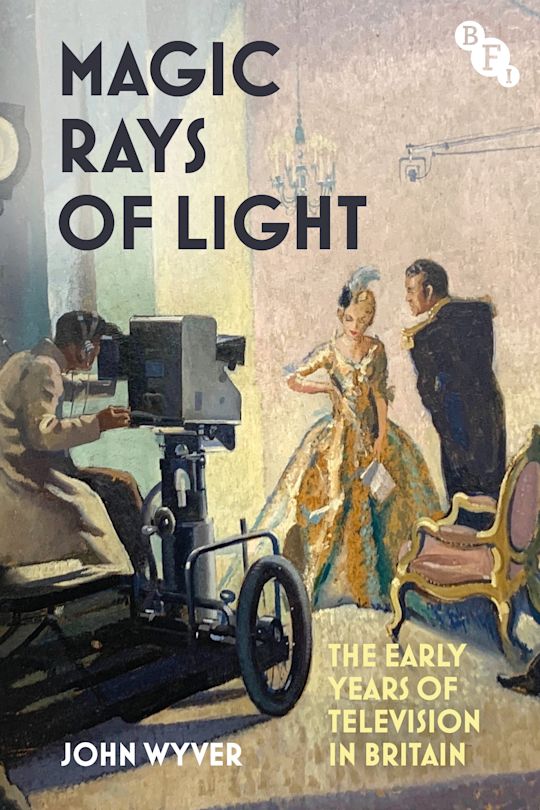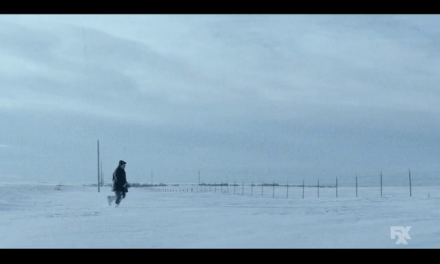Just about exactly a year ago, on 19 November 2024, I e-mailed a group of colleagues expressing concern about the Terms of Use researchers had to sign up to it secure access to the immeasurably rich collections of the BBC Written Archives Centre (WAC) at Caversham. At that point I was worried about a provision stipulating that even after permission had been given for quotation from WAC material, WAC could at any point, without giving reasons, withdraw this permission and demand the removal of the material from already published articles or books. ‘In exceptional circumstances,’ the permission form stated, ‘you may have to recall a published book.’
This seemed to me, as it continues to do (and researchers are still made to sign to it) not only absurdly unworkable but also, within any code of responsible research and access, simply and straightforwardly wrong.
The WAC resources, comprising a wealth of programme and personnel files, meeting minutes and contributor details for BBC radio and television programmes stretching back to 1922, were paid for by the licence fee. I believe they are a public resource to which, while recognising appropriate legal and GDPR frameworks, the public, including me, have a right to access and to use in open, independent and unconstrained ways.
After a good deal of back and forth, I reluctantly signed up, with the approval of my publisher, to a more limited version of the constraint. And my book, Magic Rays of Light: The Early Years of Television in Britain, will be published by Bloomsbury in early January. But the exchanges with the BBC executives responsible for WAC soon blossomed into a wider discussion about arguably far more problematic constraints on access which were introduced early in 2025.

John Wyver’s book, Magic Rays of Light, which could not have been published in this form without on-request access to dozens of files at the WAC.
As readers of this series will know, earlier this year and without consultation, WAC introduced sweeping changes to access. The new provision that has been most consequential for academics and for researchers with book contracts (the only external people who are now permitted to use WAC) has been the ending of on-request vetting of files that had not previously been opened.
For Magic Rays of Light, I consulted perhaps 400 WAC files and quoted from many of them. I estimate that perhaps half of those files had not been opened for more than half a century, and so at my request they were reviewed by the thoughtful, knowledgeable archivists at Caversham, lightly redacted in some cases, and then made available to me. The BBC acknowledges that approximately two-thirds of the WAC files are similarly not available, and require vetting before researchers can consult them. Without that essential service, I would not have been able to write the book that I have.
The decision to end on-request vetting, from which hundreds, probably thousands, of researchers have benefitted over more than four decades, now means that independent and exploratory research with the WAC resources is at an end. Others have argued eloquently and passionately, including in complementary CST Online blog posts by among others Kate Murphy, Mark Lewisohn and James Jordan, about why this is so problematic.
BBC executives argue that the change, together with other new restrictions such as ending all access for members of the general public, were necessary both because the corporation’s funding crisis has imposed budget cuts across the organisation and because the BBC now wished to align release of new WAC material with its programming interests and business concerns. To date, although this may change following an online meeting on 21 November, no details of the first curated release have been shared.
For the past six months there has been an energetic and vocal campaign to urge the BBC to reconsider and reverse the ending of on-request vetting. But it appears as if those of us involved in this have made absolutely no impact on an unyielding BBC executive team. Not an inch has been given, and there has not even been interest on the BBC’s part in any kind of meaningful dialogue. And this despite:
- an open letter now signed by more than 550 historians, researchers and story-tellers expressing profound concern about the changes;
- mainstream press, online and podcast coverage about the wrong-headedness of the decision;
- a series of online encounters with the BBC, in which distinguished and highly respected historians, as well as some of the rest of us, have thoughtfully and powerfully made our case;
- lobbying by letters to BBC Board Chair Samir Shah (who initially responded sympathetically, before subsequently closing down our exchange);
- and lobbying by individual letters to each Board member, as well as to all members of the BBC Operations Committee, which has to sign off key WAC changes;
- informal lobbying within the corporation, in time-honoured fashion, by members of the great and good;
- expressions of enthusiasm on our part for developing collaborations with WAC to identify and apply for external research funding to supplement the straightened WAC finances, and to make up any shortfall in supporting the excellent frontline archivists to undertake on-request vetting;
- a number of independent Freedom of Information requests to inform ourselves about the operation of WAC.
Nothing appears to have made any difference to the BBC’s obduracy.
Nonetheless, we persisted. And we will continue to do so. Because the new restrictions are, like the Terms of Use provision about withdrawing permission, simply and straightforwardly wrong. And they are wrong because;
- WAC is a public archive paid for by public funds, and independent access to its holdings is a public right;
- the imposition of internal curatorial values on everything that will be made newly available flouts accepted best practice, recognised by all responsible archives, of keeping access and curation quite separate;
- knowledgeable external researchers are at least as well placed as internal curators to uncover the wonders preserved at WAC and to contribute to the understanding of the BBC;
- the new restrictions represent an unconscionable constraint that conflicts with the second public purpose of the BBC as detailed in the current Charter, ‘to support learning for people of all ages’;
- and by closing off independent access to the BBC’s own histories, the restrictions also undermine the BBC’s stated values of TRUST and of being ACCOUNTABLE.
The BBC, of course, is facing other challenges at the moment, and the changes at WAC may appear to be inconsequential by comparison. Yet those, whether outside or within, who cannot independently recover and engage with the BBC’s past will never be best placed to inform and contribute to its future. We persist.
_________________________________________________________________________________________
John Wyver is a writer and producer, and Professor of the Arts on Screen, University of Westminster.





